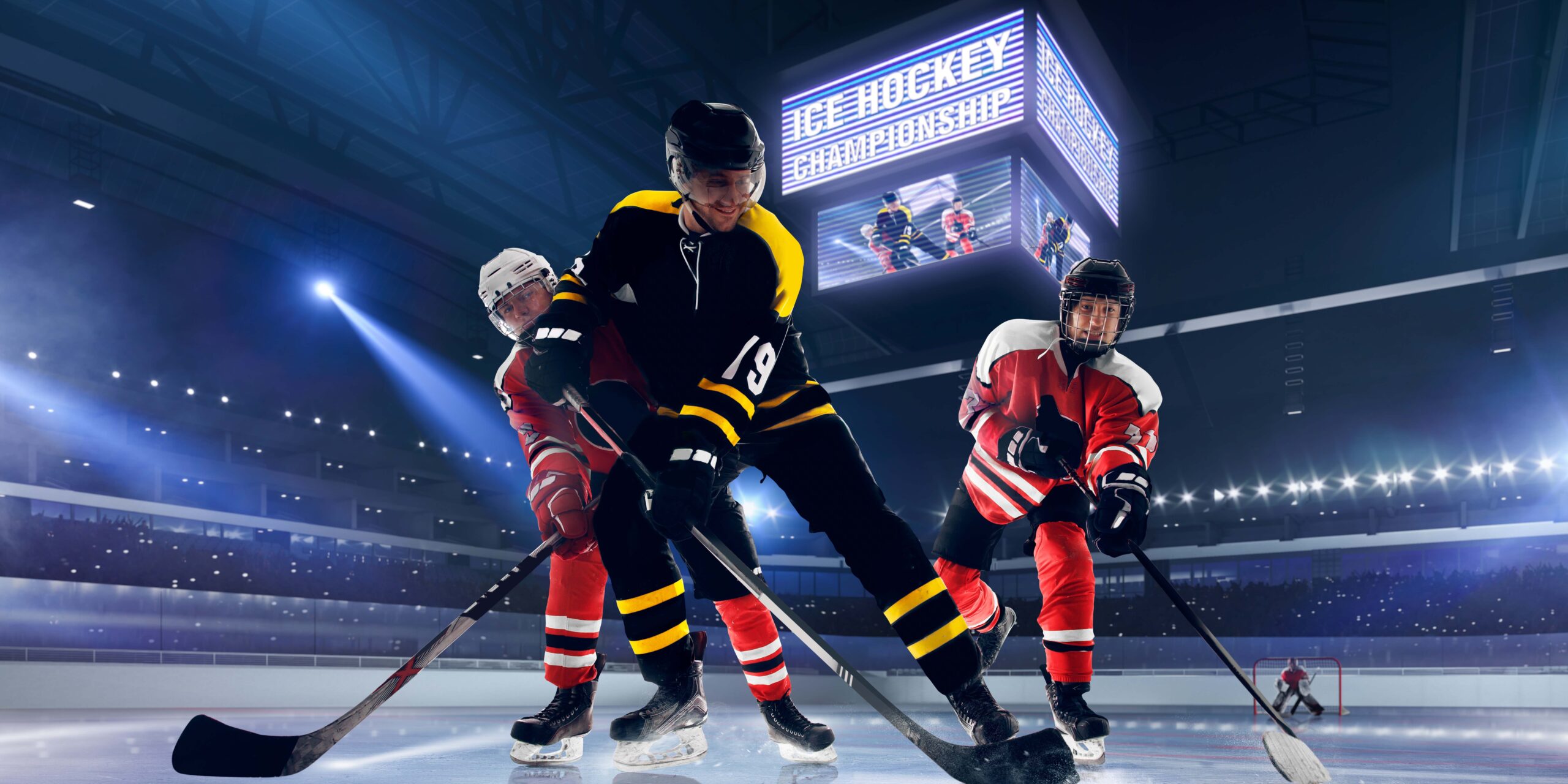Fans of hockey often design their agendas around NHL games. However, the length of games may vary because of many factors like the play’s flow or stoppages as well as overtime. This article gives a comprehensive review of the average length of National Hockey League (NHL) games, the underlying structure of games, as well as the aspects that could lengthen or reduce the duration of a game.
Standard Game Time
A NHL game is split into three phases that last for 20 minutes of playing duration. The clock ceases to run for different reasons, such as pucks out of the game penalty, goals, and occasionally, injuries time-outs. This means that the duration of every period is longer than 20 minutes.
At the end of each session the team will have an interval. Initially timed at 15 minutes the NHL prolonged intermissions up by 17 minutes. They allow for the surfacing of ice and gives players the chance to relax and discuss strategies with their coaches. So, with no interruptions or delays during the experience in the arena beginning with the puck drop until the final whistle lasts about 2.5 hours.
Factors Affecting Game Length
Stoppages
Ice and Offsides: If the puck has been iced, or a player has been offside, the game stops. They are common and could significantly increase the time to stop the clock.
Penalties: Incidents, fouls, and other violations result in penalties that stop the game, sometimes even leading to penalty shots which can extend the time of play.
Goals and Review: Each goal may result in an end of celebration, as well as a complete reset in the center of Ice. In addition, goals can be re-examined for legality, making it more difficult to delay.
Timeouts: Every team is granted the option of a 30-second timeout during a game. This is a feature is a good strategy to use usually in the final moments of a game.
Overtime and Shootouts
If a regular-season game ends in a tie after three period, the game moves to an overtime time of five minutes which is played with three skaters per team, and then shooting out when the score is unassisted. The overtime period can add about 5-15 extra minutes to the duration of the game. When playing in the playoffs, overtimes consist of 20-minute intervals played by 5 skaters on each side which last until a goal is made, possibly extending time for games by a significant amount.
Breakdown of Game Length
To benefit put things in perspective Here’s how an average NHL game could play out at any given moment:
60 minutes of regular play (3 20-minute intervals)
Total intermission duration of 51 minutes (2 intermissions lasting 17 minutes with a further 17 minutes prior to puck drop following set game time)
30 to 45 minutes of stoppage time (including goals, icings and timeouts, penalties and even reviews)
The average game with no overtime is typically roughly 2.5 to three hours from beginning to end. Games that have shootouts or overtime during the regular season could be as long or longer than three hours. However, playoff games may vary more due to the possibility of many overtimes.
Planning Your Viewing Experience
Fans who are attending live games or watching live broadcasts, knowing this time frame can be crucial in planning. Live broadcasts typically include games that are broadcast before and after and so getting on the broadcast may require the commitment of three hours. In the same way, going to a sporting event is a substantial quantity of time, particularly considering the time that is spent in and out of the arena and delays.
Conclusion
NHL games are ever-changing events that can last for a long time depending on the type of games and the specific circumstances. Although the 60-minute time frame of action is always the same however, the real-time elements like intermissions, stops, as well as potential overtimes can increase the duration of the games to around 2.5 to three hours. Knowing these aspects could benefit players organize their schedules for watching and assure that they do not be missing any of the excitement.
FAQ: Understanding the Timing of NHL Hockey Games
- What is the length of the duration of an NHL period?
Each session in the NHL game is 20 minutes in stop-clock duration. The clock ceases when play stops so that at least 20 minutes of continuous game time is played each session.
- How long will an hockey game?
An average NHL game comprises three 20-minute sessions. In addition to stoppages due to penalties, goals and the puck’s departure from the play space, and intermissions. The total time typically ranges between 2.5 to three hours.
- How long do the average NHL player spend in the NHL?
The time spent on the ice of an NHL player is contingent the position and role they play. Defensemen and forwards who play in the regular team typically see anywhere from 15 to 25 minutes in a game. The accurate players, particularly players who are with special teams (power play and penalty kill) may play longer than 25 minutes. However, lesser-used players may receive 5 to 10 minutes on ice during a game.
- How long is the time of hockey ice?
The ice hockey period lasts for 20 minutes compatible to the rules of leagues like the NHL. Three periods are played in the normal game. If the game remains not tied by the end of the regulation time period in the NHL the game will go to overtime that lasts 5 minutes long during the regular season. It is that is played until a goal has been made during playoffs.

